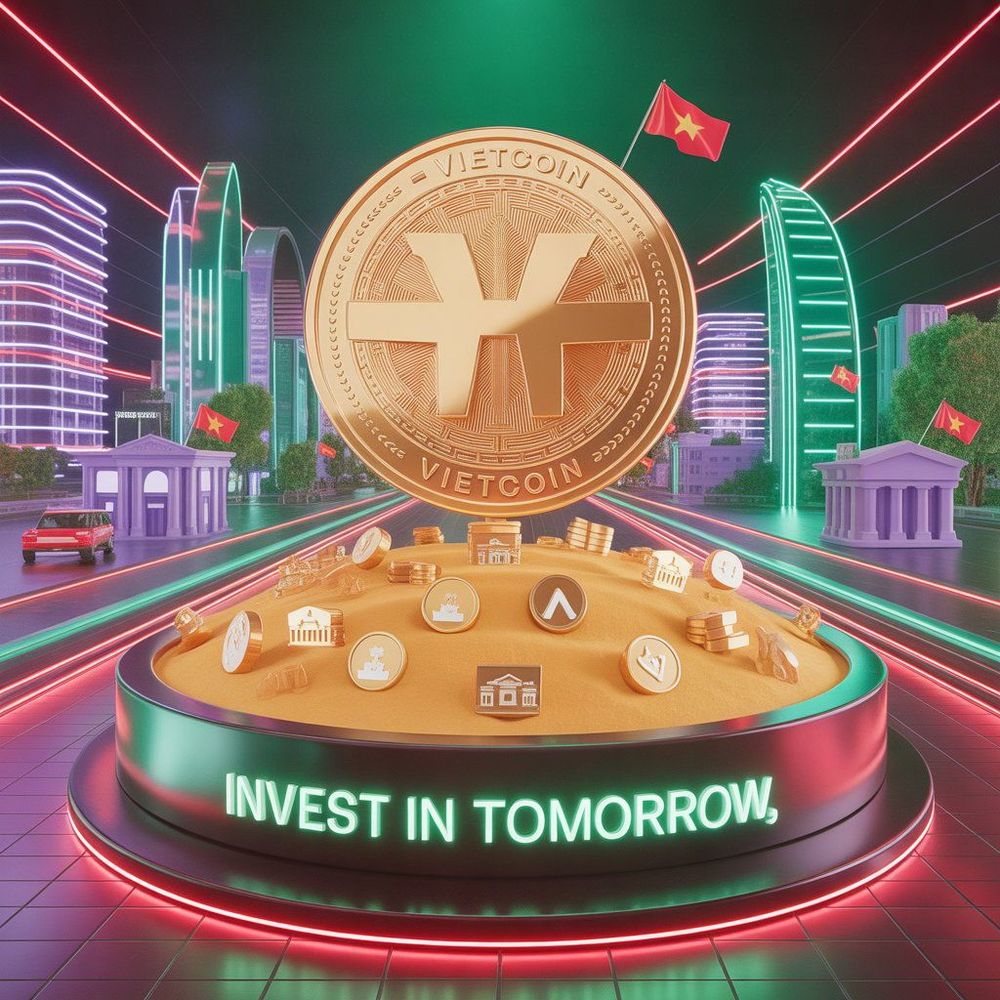Vietnam Launches $379M Crypto Sandbox With Strict Guardrails
🇻🇳 Vietnam’s 379M Crypto Sandbox: Sovereignty Meets Web3
Vietnam just dropped one of the boldest crypto pilot programs in Asia — a five-year experiment in tokenized assets and domestic trading platforms. But this isn’t Hong Kong or Singapore. It’s sovereignty-first, with heavy guardrails to keep control at home.
⚡ Quick Hits
- 🕐 Program Length: 5 years (2026–2030)
- 🏢 Who Can Operate: Vietnamese companies only
- 💰 Capital Requirement: ₫10 trillion (379M)
- 🏦 Institutional Shareholding: 65%+ mandatory
- 👥 Partners Required: Min. 2 financial institutions holding 35%+ combined
- 🌏 Foreign Ownership: Capped at 49% (investors only)
- 💸 Settlement Currency: Vietnamese dong (₫) only
- 📊 Backing: Real assets (real estate, commodities) — no fiat, no securities
🔒 The Rules of the Game
Vietnam’s crypto sandbox flips the usual playbook:
- Local Only: No offshore operators. All platforms must be Vietnamese.
- Dong Only: Trades settle in national currency.
- Real Collateral: Tokens must be backed by tangible assets — real estate, commodities, etc.
- Institutional Anchors: Banks and funds must hold real equity in the platforms.
In other words: no wildcat stablecoins, no “purely synthetic” tokens, and no 100% foreign-run platforms.
🏦 Sovereignty-First Crypto
This isn’t just about innovation — it’s about control. By forcing banks and financial firms into the equity cap table, Vietnam ensures that crypto doesn’t run parallel to the financial system, but through it.
The decree is blunt:
“At least two registered organizations, including commercial banks, securities firms, or fund managers, must together hold no less than 35% equity in any licensed trading service provider.”
Compare that to Hong Kong’s fintech-friendly free-for-all or Singapore’s global-first stance. Vietnam is betting on domestic rails, domestic currency, domestic oversight.
🌏 Global Investors on the Sidelines
Foreign capital isn’t banned, but capped at 49% ownership. Translation: outsiders can play, but never control.
This strikes a balance: Vietnam wants global expertise and liquidity, but not domination. Think “partnership,” not “takeover.”
📈 Why It Matters
- Crypto Hotspot: Vietnam already ranks #4 globally in crypto adoption (Chainalysis, 2025). Grassroots demand is there.
- Controlled Experiment: The sandbox runs until 2030. If it works, crypto could become a regulated financial sector. If not, it stays fenced in.
- Skeptic-Proofing: By banning fiat and securities as token collateral, Vietnam avoids synthetic bubble risk and ties digital assets directly to real-world value.
🧩 Bigger Picture
This is more than a regulatory tweak — it’s a sovereignty test case.
- Best case: Vietnam proves you can integrate crypto into national finance without losing control, inspiring copycats in Asia.
- Worst case: Guardrails choke innovation, and developers flee to freer hubs like Singapore or Dubai.
Either way, the global crypto industry is watching.
✍️ TL;DR
Vietnam is launching a five-year crypto sandbox (2026–2030) with some of the strictest rules in Asia: ₫10T minimum capital, domestic ownership, dong-only settlements, and real asset backing. Foreigners can join but never control. It’s a sovereignty-first experiment — one that could redefine how nations embrace blockchain.

Recent News
All Time High • Live
Have questions or want to collaborate? Reach us at: [email protected]










